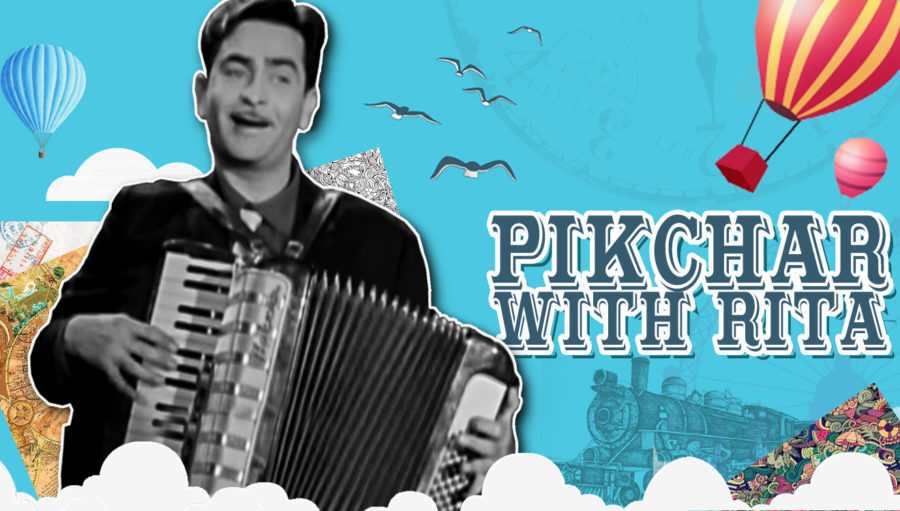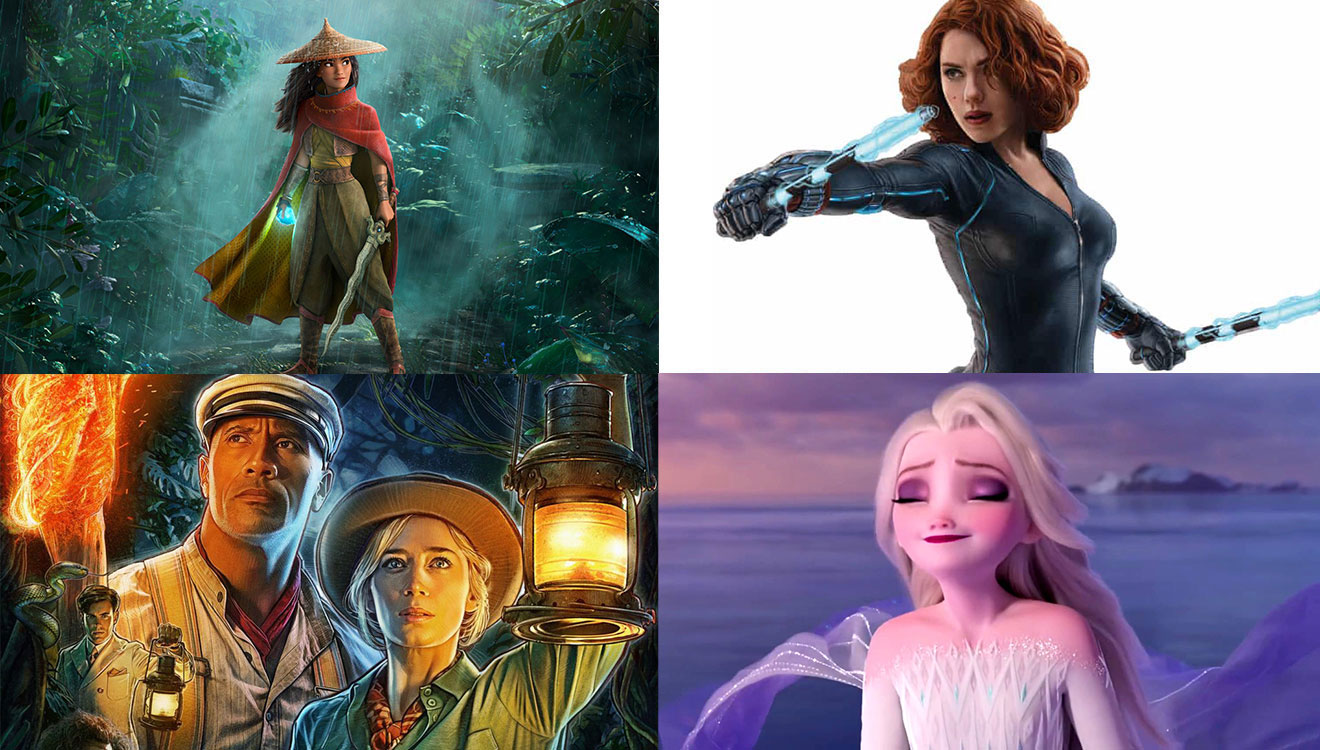Pikchar With Rita is a fortnightly column on cinema by Rita Kothari. She’s a Professor of English at Ashoka University. She does not “do” film studies.
***
Is someone a Hindustani, or a Pakistani? There was a period in Indian history when such conundrums arose frequently. They have not disappeared entirely; for we know of enough lives that have transborder dimensions. However, its less common to hear of them; like we would about Noorjehan or Manto, for instance. As a response to such questions, the lyricist Hasrat Jaipuri wrote the following :
Musafir hain hum to chale jaa rahein hain
Bada hi suhaana ghazal ka safar hai
Musafir hain hum to chale jaa rahein hain
Bada hi suhaana ghazal ka safar hai
Pata puchhate ho to itna pata hai
Hamara thikana gulaabi nagar hai
Musafir hain hum to…
We are mere travelers, we are simply on the move. The plural hum could have meant anyone or someone in particular.
But what does this moving or this elusive nationhood have to do with the ghazal? From the journey of the traveling body, we are introduced to the ghazal as a traveler. Or perhaps the ghazal itself as a journey. The mobility of the speaker, and that of the ghazal collapse suggesting as it were, the absurdity of asking the question of nationhood. And yet in the next line, poet Jaipuri introduces his own location, his origin by saying, should you ask my address, this much I know, my home is in the pink city. Jaipuri was from Jaipur, although that’s a name he acquired after he became a lyricist for cinema, and left behind the name, Iqbal Hussain. The genre of the ghazal, or the song in general, has no nation, but the poet does have an address, a local name and habitation, written into and outside this poem. We are left with a fairly interesting question in this non-filmy ghazal, sung usually by Ahmed Hussain and Mohammed Hussain for their album Rahnuma.
Recommended
Locale is not incidental to who we are; the Jaipur city lent to Jaipuri a specific texture of life; a memory; a childhood. But the category of ‘Hindustani’ and ‘Pakistani’ is less important than this locale, for it is abstraction of sorts; a totem produced through modernity, not actual day to day relation. While locations are important in themselves; they are not enough, they need to be expanded, and Jaipuri says in the next stanza, Ghazal hi hamara anokha jahaan hai. Only the ghazal creates a sense of the world, an amazing one. For this world has been created, enhanced, adorned by Wali, Meer, Momin, Jigar, Daag and Ghalib. To ask which nation these poets belonged to is to miss the point on several counts – genres, nations, villages, cities, homes and their interrelation with each other. How imperceptibly a complex point has been made; and escaped our notice.
In some sense, Jaipuri also escapes some attention from scholars and film historians. Figures like Sahir Ludhianvi and Majrooh Sultanpuri have drawn more attention, and perhaps deservedly so. However, we would do well to think of Jaipuri, a lyricist-poet who created one successful song after another; now playful, now poetic. There’s a particular kind of femininity forged through lines like, Baharon phool barsao, mera mehboob aaya hai or Tujhe main chaand kehta tha, magar usme bhi daag hai from the song Yeh mera prem patra padh kar.
Incidentally, the love letter was written by Jaipuri to a Hindu girl, where he tentatively expresses love but also says tum naaraz na hona. Raj Kapoor, upon hearing this story, made Jaipuri write it for the film Sangam (1964). Jaipuri wrote across Urdu, Persian and Braj, and has to his credit even songs like Jhanak jhanak mori baaje payaliya from Mere Huzoor (1968).
I had begun to hum the lyrics of this lyricist after listening to a radio program recently, and he has occupied this column today. He’s quite right in saying that you may find it difficult to forget words, for you will hum them when you hear them, tum muhje yun bhula na payoge, jab kabhi bhi sunoge geet mere, sung sung tum bhi gun gunaoge.



